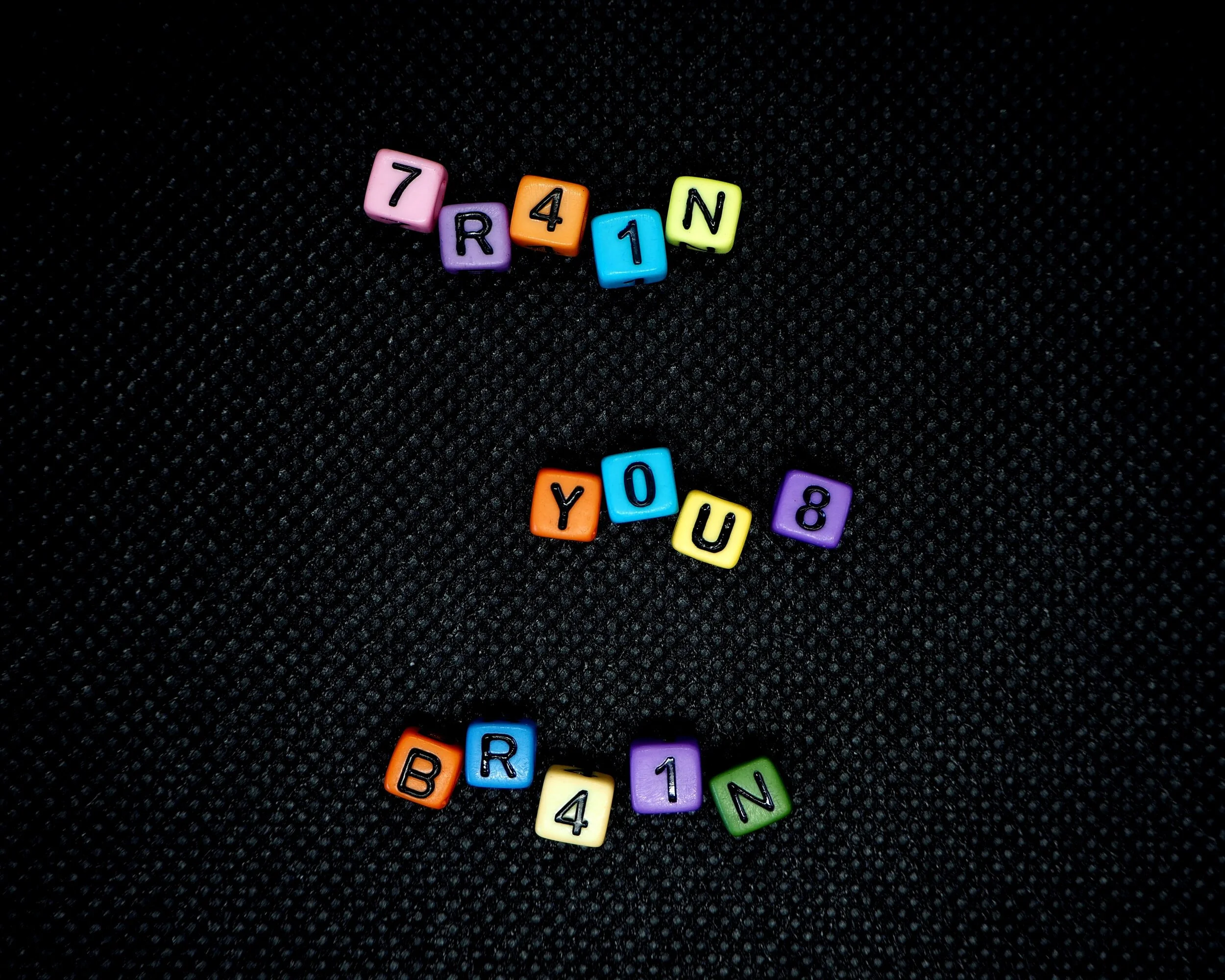Mindset- A great tool in Tough Times
Full confession- I live in a library. Maybe not a public library, but our house is a book sanctuary. Books arrive and never leave, My husband has his genres and collections, and, to be fair, so do I. There is plotting for more shelf space in my office. Trust me, it will be happily occupied by more “resources” (translation: books).
From time to time, my sweet husband finds books for me; today I want to share one with you. It is called, Mindset, by Dr. Carol S. Dweck. She is a psychologist and professor at Stanford University. She studies how people perceive and respond to life. Specifically, she researches the differences between a fixed mindset or a growth mindset. The mindset we work in has enormous impacts on our quality of life, our joy, and how we approach challenges.
Without stepping on her toes, and hoping I get her core message right, here’s what I gleaned from the book. Dr. Dweck’s lifelong research indicates we have two approaches to doing life; a fixed mindset and a growth mindset. Many people experience both mindsets in themselves, sometimes bouncing between the two. However, her studies indicate that people are happier, more creative, and more joyful when they LEARN how to cultivate a growth mindset.
That’s right. You can learn a growth mindset. But, why would you do that?
Let’s get a picture of a fixed mindset and a growth mindset- Fixed mindsets believe that what you have is ALL you have. Your intellectual capacities, your skills, your talents, your personality. You need to prove to yourself and others that your "package" is good enough. Failure is not an option, because it means YOU are a failure. You must prove you are the best, and you should not have to work at it. “It” is just there.
The growth mindset believes you can improve, enhance, and train your natural gifts; that your true potential is unknowable, so grow it. A growth mindset is about learning. You may learn you love to play the violin and want to work at it; or, you may discover that competitive swimming is not for you, even though you love being in the water.
Dr. Dweck says that the fixed mindset holds an underlying current of fear of failure, of being “found out”, and even avoiding competition where you might not be the best. All your energy is used “proving” you are smart enough, good enough… well, you get the picture. A fixed mindset may avoid competition to avoid any chance of not being judged the best.
Scientists are acknowledging two important things today. First, we all have BOTH of these mindsets within us, and it is a constant give and take between the two. It is not Nature OR Nurture, it is the tension and movement between them. Second, they are also discovering people have a great deal more lifelong learning capacity than previously considered. And, working at a skill is the key to success. What determines mastery is not intelligence but profound engagement over a lengthy time. In simple words, learn, practice, do, repeat.
The book is well-written with excellent comparative stories to help you get her concepts. Please consider adding it to your pandemic reading list. But WHY the lesson in current psychology in a blog about college, admissions, and loans, and finding your best path?
All aspects of education, especially higher education, are metamorphosing at an amazing rate. In nature, when a volcano erupts, a hurricane hits, or there’s a snow avalanche, it changes the landscape for a long time. We are at the beginning of just such an event. And how we CHOOSE to engage it may impact us and our beloved students for years.
Here are three ways of viewing this upheaval, and possible “growth” mindset responses.
My student won’t get the same great college experience I remember. You may be right. But the underlying part of this statement is what you should think about. Does that mean what they DO experience is all bad? Maybe & maybe not. Maybe their new way of doing college (Let’s assume for argument’s sake it is online for a while ) has some benefits- perhaps some cost savings (less in loans ); being able to help with siblings who are doing middle & high school online; gaining time management skills; able to work part-time and earn money towards school costs. Look for and acknowledge the positive aspects. That ‘s a growth mindset!
I don’t know how to help my student with all this upheaval. Welcome to the Club! I doubt many parents or mentors have the solution, either. Most of us are flying by the seat of our pants. Sometimes we are barely 1/2 a step ahead of the questions. And that is fine. I can’t tell you how many times I have looked at our daughter in the face and said, “I have no idea what to do. But, let’s try to figure something out.” Learning together can be a growth opportunity for you both. Be ready for your older student to discover options you didn’t even know existed. Ours has brought some great ideas to the table that were excellent and cost-effective.
In tough times, take the “little steps”. Recently, I had a meaningful Facebook feed. ( I know, they are so rare). It was the story of an elderly woman who was asked about how she survived in the Great Depression followed by World War II. She said you had to focus every day on taking “little steps”. Focus on getting “a little something” done each day.
In the movie, Moneyball, the ho-hum Oakland Athletics baseball team discovered they could win games with players who hit to get on base. They couldn’t afford star home run hitters but could win with players who hit singles and doubles, advancing the players ahead of them, and scoring runs. While this strategy never netted them a World Series appearance, it is an example of “little steps”. Sometimes it is all we can do to hit those singles and doubles. Don’t worry about getting to your own personal World Series. Just focus today on what you can do. Get a single.
Take little steps. Take the detours. Learn. Grow. It could help you and your student discover a great new path in this brave new world.
Until next time,
All my best,
Bonnie Burkett




